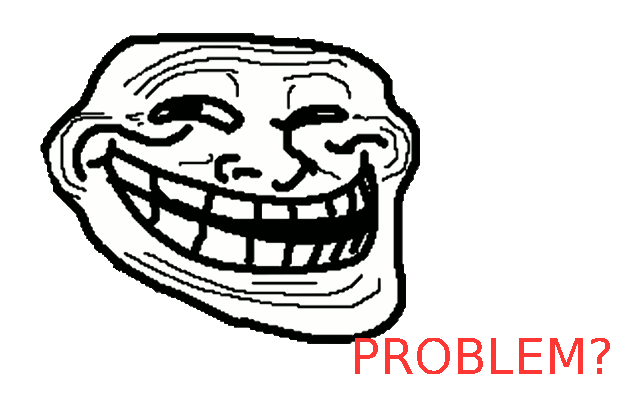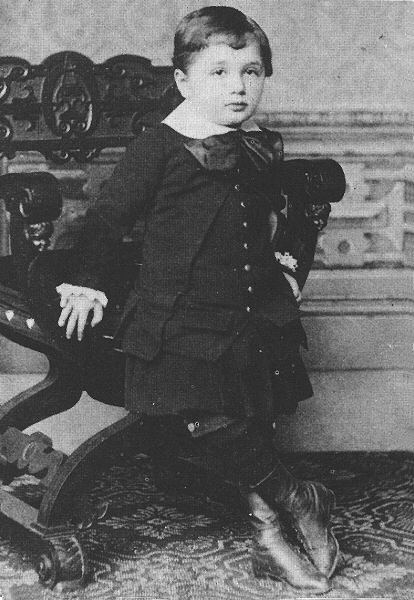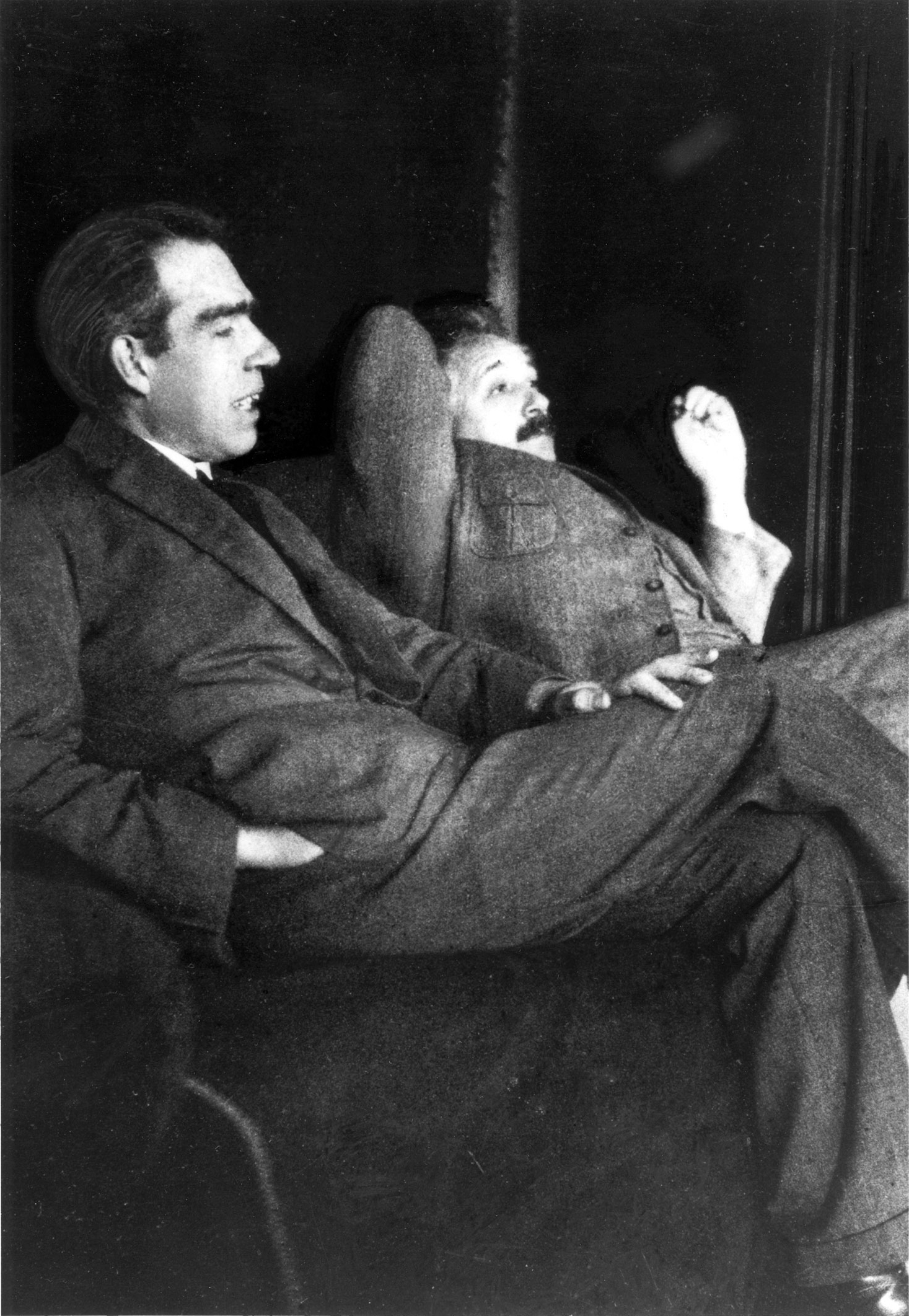This new level of diversity has its ups and downs. I'd like to comment on a few that I have noticed so far.
 |
| Behold, an enormous pile of Ethiopian foods. |
Benefit: There is a delicious variety of culinary options. I've gotten to eat plenty of foods for the first time, like Ethiopian and Canadian food. I can easily find food choices from anywhere in the world, either at a restaurant or at a grocery store. I also have a lot of fun finding a variety of fruits and treats that I don't often find in the suburbs. Sometimes I go to the store and pick up something that I had no idea even existed (let alone knowing what it actually is) and go home to figure out how to cook it. Makes for interesting dinners. x) The opportunities to try new things are apparently infinite.
Difficulty: I can't communicate with everyone. A woman at the store asked me for help the other day in very broken English; mostly pantomime. I think I know what she needed, and I tried to help answer her question. Because I speak English and Spanish, I'm pretty accustomed to having a way to talk with almost everyone. I asked if she spoke Spanish and she shook her head and said "Iran".
I thought I would get so much Spanish practice living in a more diverse area, but so far I've instead found more opportunities to speak Hindi, Persian, Tagalog, Mandarin, Korean, Thai, and even German. Unfortunately, I don't know an appreciable amount of any of these languages.
Benefit: There is so much to do here. There are plenty of interesting touristy things that I want to do (but there are too many to do all of them) and then cool places to go that are just part of the normal life. There are tons of big, unique, exciting things to see and do, and I still want to have time to explore the neighborhoods to see the colorful houses and the way people decorate their gardens. I'm caught between trying to experience this place as a tourist and a local! I'm trying to get a good feel of the area, which includes everything from museums and historic sites to hikes and outdoor activities, to amusement parks, to finding a local soccer league, a good jogging route, and the best panadería. I think I'm doing a pretty good job, but there is just so much to explore.
Difficulty: Regardless of the local crime statistics, there is less public trust in cities. If you don't lock your car or home, you are insane. This is generally good practice in the first place, but here, locking the car isn't enough. The standard protocol for leaving the car involves making sure there are no bag-looking or valuable-looking or interesting-looking things in sight at all. If you are leaving anything in your car, move it to the trunk. Then park in a well-lit area. And don't walk around too late at night.
I haven't had any problems with this so far, but I do like being a community where you aren't paranoid about leaving your car for too long and feel like you can trust the universe a little bit more.
Benefit: I'm exposed to a lot of new ideas and perspectives. Some views that I didn't really understand or appreciate before make more sense as I meet people who hold them and see situations that I hadn't considered before. In addition to social ideas like why a policy is actually beneficial or getting to know the kinds of people behind a movement, I'm also exposed to all kinds of other ideas: new music, new applications or needs for technology, new languages, new slang, history that I never knew, artwork that I'd never seen, science I hadn't been around before (like why the weather here is the way that it is). I get a better perspective on tons of things and can keep the ideas that I need or like and have a better understanding of ideas that I don't.
Difficulty: My own ideas get challenged more often. This isn't inherently a bad thing (indeed, I think it's an important process for everyone to experience as our ideas and values develop) but I'm still testing the waters and learning how to have constructive conversations with people who disagree with me. By simple virtue of living with more people around me, I have to interact with people more often. I've had many exchanges where people are interested and respectful, and I've had some exchanges where that isn't the case. Being around people who don't understand or challenge my ideas and values gives me more opportunity to consider why I hold those ideas and values in the first place. Sometimes it changes what I think about something, and sometimes it reaffirms it. These interactions also give me better insight to how to ask about or challenge someone else's ideas respectfully, since I know what it's like to be on the receiving end of an unfriendly challenge.
Overall, one of the biggest things I have noticed from my time living in a city is that it teaches you to learn how to live with other people. I had figured I was already pretty knowledgeable in this, since I come from a big family and I've been to college and had the gamut of experiences with roommates and neighbors. I've spent a lot of time living with other people around me. But there's a lot to learn when you go somewhere where there are suddenly more people around you...more weird people, more grumpy people, more kind people, more people whom you can help, more busy people, more noisy people, more happy people, more friendly people... You're no longer in situations where maybe most of the people had similar values or similar goals as yours, and working together or understanding each other wasn't that hard. But suddenly that isn't there anymore, and you still need to work together to create a good community.
I think one of the big ideas that we really need to grasp for the future is figuring out what kinds of laws and resources and schools and responsibilities and rights and technology we will need so that we can learn to live with more and more people, even people who aren't necessarily like us. In an increasingly globalizing world, this is becoming more and more vital. But more than figuring out the tools we will need to make that happen, we need to figure out what kind of people we should be to make that happen. We need to decide how we're going to treat people, even if they disagree with us or don't speak our language well or even if they offend us. We need to learn how to listen to people and understand their points of view, and recognize that their perspectives are just as valid as our own. Turns out people are complex enough that we may never have stuff like this completely figured out, but in the meantime we can always open our hearts and minds a little more to move everyone forward together.





